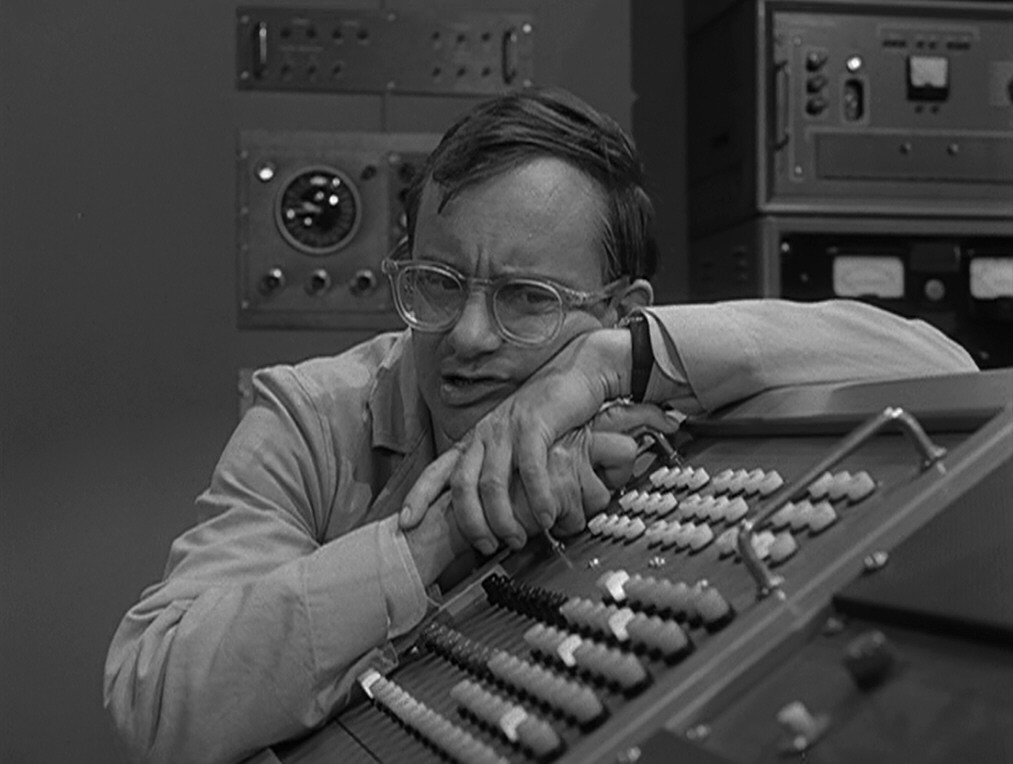Quantum computing would change everything, of course, amplifying our potential for good and bad alike. Saying it would let us go from zero to sixty in a second doesn’t do it justice–it would be more like sixty million. But figuring out how to manage the anarchy inherent to such a system has long seemed a bridge too far.
In “The Computers of Our Wildest Dreams,” Adrienne Lafrance’s Atlantic article, engineers at IBM and Google claim we’re close to a tipping point. An excerpt:
We are at an analogous crossroads today, a moment in which seemingly incremental and highly technical changes to computing architecture could usher in a new way of thinking about what a computer is. This particular inflection point comes as quantum computing crosses a threshold from the theoretical to the physical.
Quantum computing promises processing speeds and heft that seem unimaginable by today’s standards. A working quantum computer—linked up to surveillance technology, let’s say—might be able to instantly identify a single individual in real-time by combing through a database that includes billions of faces. Such a computer might also be able to simulate a complex chemical reaction, or crack through the toughest encryption tools in existence. (There’s an entire field of study dedicated to post-quantum cryptography. It’s based on writing algorithms that could withstand an attack by a quantum computer. People still aren’t sure if such security is even possible, which means quantum computing could wreak havoc on global financial systems, governments, and other institutions.)
It’s often said that a working quantum computer would take days to solve a problem that a classical computer would take millions of years to sort through. Now, theoretical ideas about the development of such machines—long relegated to the realm of mathematical formula—are being turned into computer chips.
“As we started making these better controlled, engineered systems that do the physics as written down in the textbook, we start to engage more theorists and people who are more interested in these systems actually existing,” said Jerry Chow, the manager of the experimental quantum computing group at IBM. “It’s definitely exciting because we’re starting to really make systems which are of interest in terms of not only potential applications but also underlying physics.”•
Tags: Adrienne LaFrance, Jerry Chow

